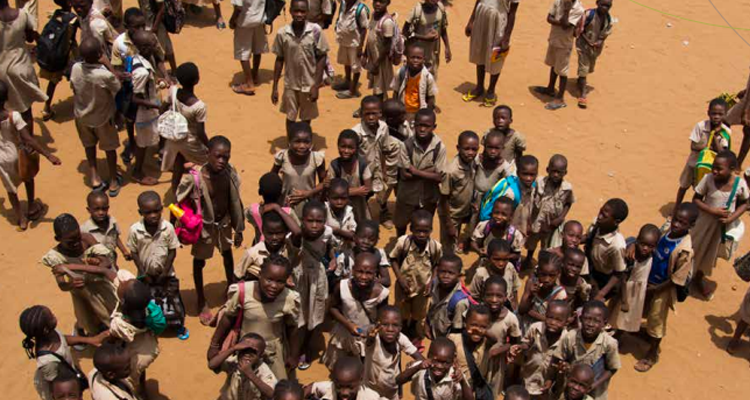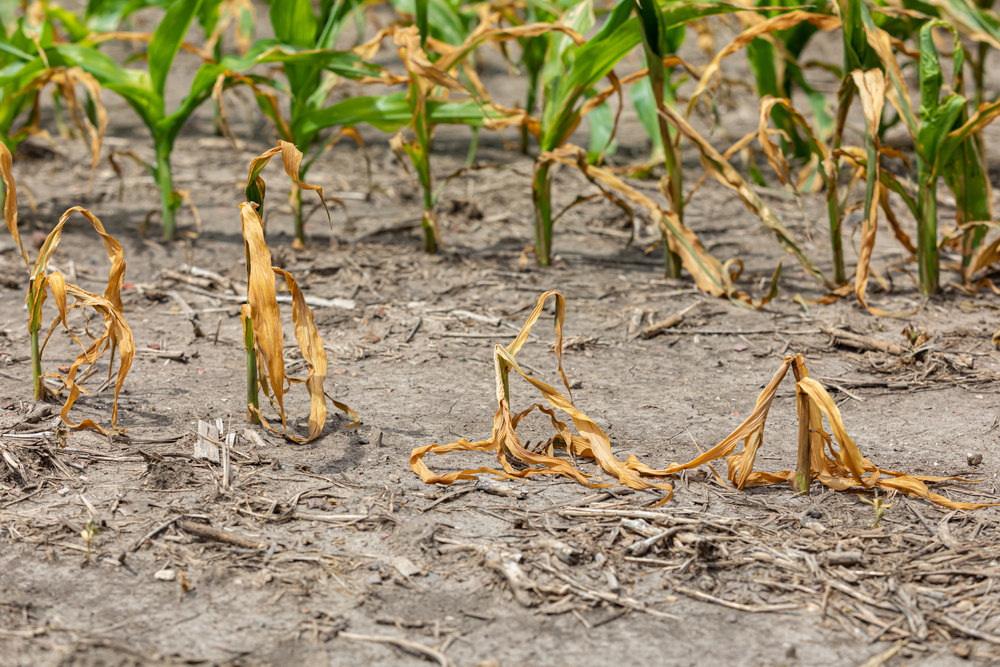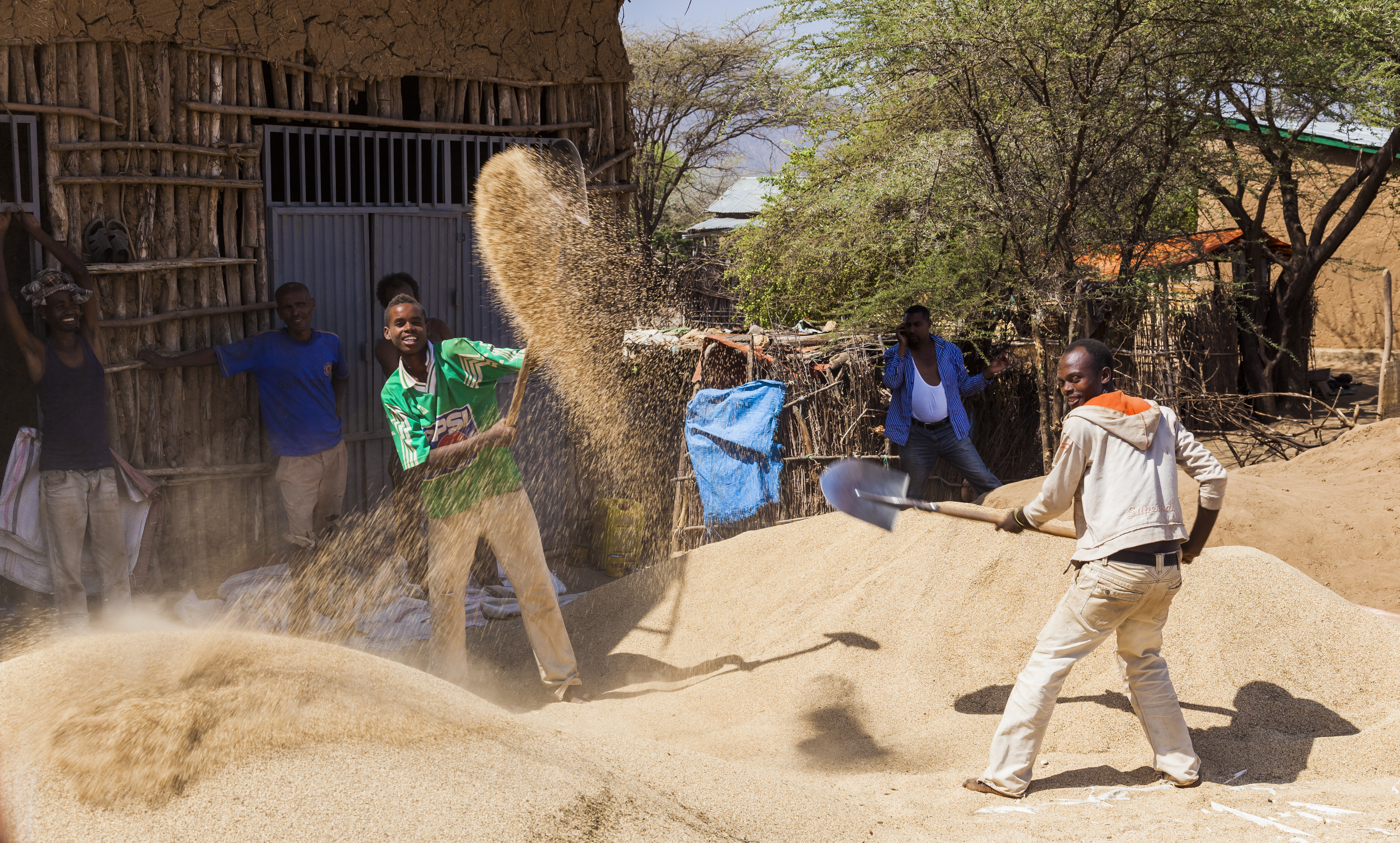
Building resilience for food and nutrition security in the Horn of Africa (BREFONS)
Building resilience for food and nutrition security in the Horn of Africa (BREFONS)
3 November, 2022Context
The target countries of this project (Djibouti, Ethiopia, Kenya, Somalia, South Sudan, and Sudan) are located in the arid and semi-arid lands, which comprise more than 70% of the Horn of Africa (HOA) region, receive less than 600 mm of annual rainfall and are characterized by recurrent droughts and unpredictable rainfall patterns.
Despite the region’s considerable range of natural resources, with their huge potential for wealth and progress, the HOA countries are struggling to cope with their worsening ecological circumstances. Droughts are increasing in severity and frequency and their impacts are exacerbated by advancing desertification, land degradation, global warming, and climate change. These circumstances have created chronic vulnerability in the HOA, with persistent food insecurity, widespread economic hardships, conflicts, and migration. The strategic priorities of countries in the HOA are defined by their urgent need to build resilience to environmental and socio-economic shocks, through investing in sustainable development and optimizing the productivity of their resources.
Objectives
Through building resilience to climate change, the overall objective of this program is to increasing, on a sustainable and resilient basis, productivity and agro-sylvo-pastoral production in the HOA, increase incomes from agro-sylvo-pastoral value chains and enhance the adaptive capacity of the populations to prepare for and manage climate change risks.
AAAP added value
- Provide upstream technical assistance to ensure climate smart digital technologies for adaptation and resilience are integrated into the project.
- Identifying key agriculture adaptation constraints that can be addressed by digital technologies and develop solutions
- Assessing the conditions and opportunities for digital applications for drought index insurance
- Identifying opportunities for digital agricultural adaptation solutions through the preparing of climate risk and digital agriculture profiles
- Supporting stakeholders to identify and implement opportunities through the preparation of a digital agricultural adaptation toolkit
- Building the capacity of policymakers and enable policy interventions to ensure uptake of digital solutions using the toolkit.
- Feasibility studies and assessment on building resilience for food security in Africa;
- Feasibility studies to assess integration of adaptation and mitigation measures for the sustainability of nutrition and food security interventions;
- Quality assurance and advisory services for results and evidence-based planning, management and M&E of the Youth Enterprise Development project interventions
Expected Outcomes
The programme will contribute to improving living conditions, including for women and the youth; improving food and nutrition security; increasing resilience; and peace and security in the HOA. Specifically it will:
- Productivity (crops and livestock) increased by 30%
- 50% increase in digital literacy for actors across value chains, of which 80% are women and youth
- 30% de-risked credit as a result of use of Digital Climate Advisory Services and Digital Financial Services
- 30% increase in use of index insurance products by smallholders across target value chains
- 55,000 additional jobs created (primarily for women and youth)
Expected impacts
- 1.3 million farmers and pastoralists in the six countries use climate services (e.g. index insurance with a gender focus), allowing them to benefit from:
- Increased productivity and agro-sylvo-pastoral production in the Horn of Africa, on a sustainable and resilient basis
- Increased incomes (by 40%) from agro-sylvo-pastoral value chains
- More broadly, the population of the Horn of Africa have enhanced adaptive capacity to better prepare for and manage climate change risks and variation.



